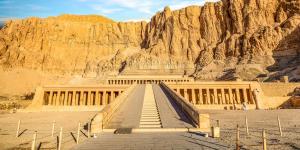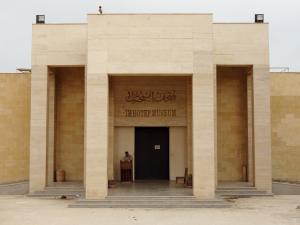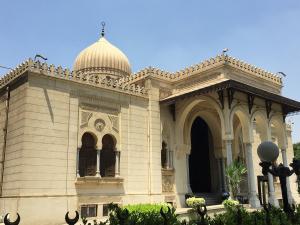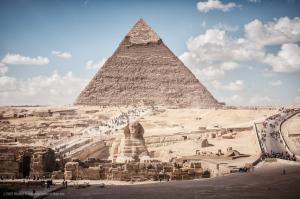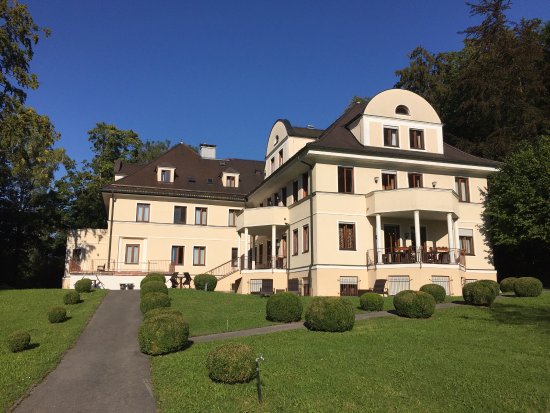Egyptologists conclude that the pyramid was built as a tomb for the Fourth Dynasty Egyptian pharaoh Khufu and estimate that it was built in the 26th century BC during a period of around 27 years.
Great Pyramid of Khufu
{{ state.name }} , {{ country.name }}
Overview
Egyptologists conclude that the pyramid was built as a tomb for the Fourth Dynasty Egyptian pharaoh Khufu and estimate that it was built in the 26th century BC during a period of around 27 years.
things to do
attractions
Similar places in {{ country.name }}
Plan your trip to {{ country.name }}
Experience the best tours, attractions & activities you won’t want to miss.
Explore attractions in {{ country.name }}
Explore available trip & experience in {{ country.name }}
Enjoy up to 50% on hotels and restaurants in {{ country.name }}
Experience the best tours, attractions & activities you won’t want to miss.
Overview
In our recommendation of places to visit in {{ country.name }}, this Tourist Attractions in {{ city.name }}| Temples in {{ city.name }}| Historical places in {{ city.name }}| Desert in {{ city.name }}| Buildings in {{ city.name }}| leads the conversation. Great Pyramid of Khufu is considered as one of the most important attraction in {{ city.name }}. For a Tourist Attractions in {{ city.name }}| Temples in {{ city.name }}| Historical places in {{ city.name }}| Desert in {{ city.name }}| Buildings in {{ city.name }}| it holds some of the most historic artifacts in {{ country.name }}. This maybe why it is considered the best Tourist Attractions in {{ country.name }}| Temples in {{ country.name }}| Historical places in {{ country.name }}| Desert in {{ country.name }}| Buildings in {{ country.name }}| by some of the residences. It is impossible to talk about sightseeing in {{ city.name }} or sightseeing in {{ country.name }} without talking about the Great Pyramid of Khufu.
There are so many attractions in {{ country.name }} to visit when you are considering things to do in {{ country.name }} especially when you are looking at things to do in {{ city.name }}. So, if you are considering sightseeing in {{ city.name }} when you are around then this Tourist Attractions in {{ country.name }}| Temples in {{ country.name }}| Historical places in {{ country.name }}| Desert in {{ country.name }}| Buildings in {{ country.name }}| should be top on your list. {{ city.name }} on its own is seeing as one of the top cities in {{ country.name }} when you are looking for things to do in {{ country.name }}. Which is why we are not surprised with this Tourist Attractions in {{ country.name }}| Temples in {{ country.name }}| Historical places in {{ country.name }}| Desert in {{ country.name }}| Buildings in {{ country.name }}| , {{ country.name }} is seen as one of the most popular in the country. There are other places to go in {{ city.name }}, however, this place remains one of the most popular amongst tourists. There is no tour guide comprising of places to visit in {{ country.name }} that doesn’t have the Great Pyramid of Khufu.

